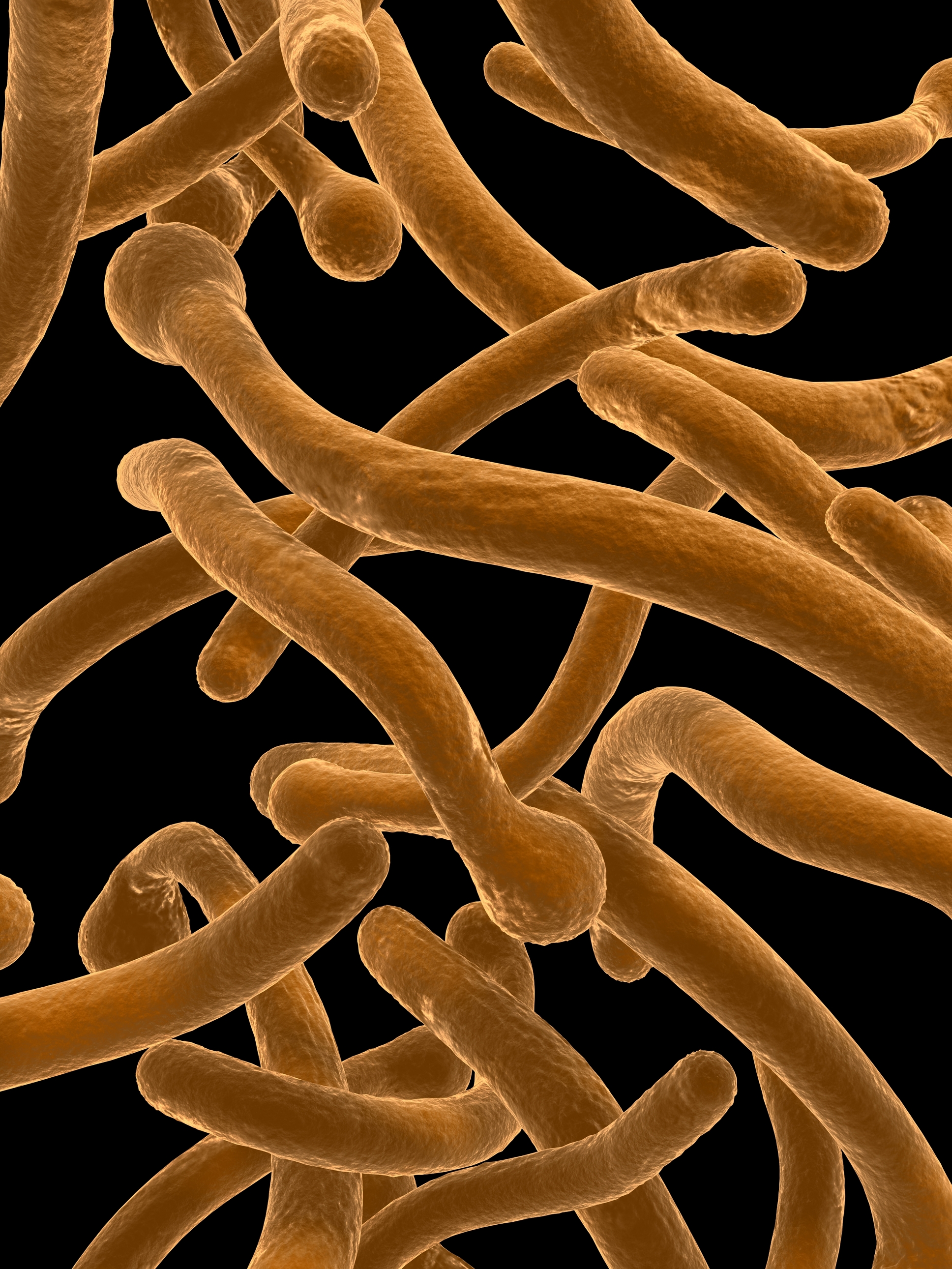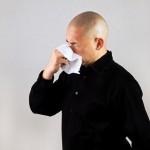
Patty Lemer
Earlier today, I interviewed Patricia Lemer, Executive Director and Co-Founder of Developmental Delay Resources (DDR), a non-profit that is dedicated to meeting the needs of children with developmental delays in sensory, motor, language, social, and emotional areas.
Today’s interview was phenomenal and full of practical information because Patty has worked with these children for over 40 years, and she knows what therapies and interventions work.
Some of her recommended resources are:
- Dr. Dietrich Klinghardt
- Lyme-Induced Autism Foundation
- The Yeast Connection: A Medical Breakthrough (book)
Patty lists many more references in the webinar, so it’s a good idea to listen to it.
 “Medicating children for ADHD with stimulants has become an epidemic”, writes Judyth Reichenberg-Ullman, author of
“Medicating children for ADHD with stimulants has become an epidemic”, writes Judyth Reichenberg-Ullman, author of  New Jersey’s autism rate has more than doubled in 10 years to one in 49 children, compared with one in 94 in 2002. New Jersey’s rate is second only to Utah’s.
New Jersey’s autism rate has more than doubled in 10 years to one in 49 children, compared with one in 94 in 2002. New Jersey’s rate is second only to Utah’s. Learn how toxins and lifestyle factors contribute to autism, PDD-NOS, ADHD, sensory processing disorder, hypotonia, retained reflexes and developmental delays.
Learn how toxins and lifestyle factors contribute to autism, PDD-NOS, ADHD, sensory processing disorder, hypotonia, retained reflexes and developmental delays. Did you know that gut dysbiosis, which means there are too many pathogens outnumbering probiotic bacteria, is linked to autism, PDD-NOS, ADHD, allergies, asthma, sensory processing disorder, colic, eczema, IBS and autoimmune diseases like lupus, fibromyalgia and rheumatoid arthritis?
Did you know that gut dysbiosis, which means there are too many pathogens outnumbering probiotic bacteria, is linked to autism, PDD-NOS, ADHD, allergies, asthma, sensory processing disorder, colic, eczema, IBS and autoimmune diseases like lupus, fibromyalgia and rheumatoid arthritis? Most obstetricians do not warn their pregnant patients about toxins like pesticides in food, like phthalates or endocrine disruptors in consumer products, or like heavy metals in the environment that could harm their unborn child.
Most obstetricians do not warn their pregnant patients about toxins like pesticides in food, like phthalates or endocrine disruptors in consumer products, or like heavy metals in the environment that could harm their unborn child. It’s a bad idea to take antibiotics during pregnancy. Children whose mothers took antibiotics during pregnancy are more likely to develop asthma, as well as autism, ADHD, learning disabilities, dyslexia, arthritis, allergies, depression, bipolar disorder, eczema, kidney problems, schizophrenia, acid reflux, colic and autoimmune disorders.
It’s a bad idea to take antibiotics during pregnancy. Children whose mothers took antibiotics during pregnancy are more likely to develop asthma, as well as autism, ADHD, learning disabilities, dyslexia, arthritis, allergies, depression, bipolar disorder, eczema, kidney problems, schizophrenia, acid reflux, colic and autoimmune disorders.  They’re oh so cute, but oh so toxic. 75% of children’s Disney, Spider-Man and Dora the Explorer back-to-school products had high levels of phthalates. Phthalates give plastics that “rubber ducky” feel.
They’re oh so cute, but oh so toxic. 75% of children’s Disney, Spider-Man and Dora the Explorer back-to-school products had high levels of phthalates. Phthalates give plastics that “rubber ducky” feel. And here’s yet another reason to eat organic food: pesticides might be causing your food allergies. Dichlorophenols, such as the pesticide 2,4-D as well as moth balls and room deodorizers, kill bacteria, including the good bacteria in your gut and may thus contribute to gut dysbiosis.
And here’s yet another reason to eat organic food: pesticides might be causing your food allergies. Dichlorophenols, such as the pesticide 2,4-D as well as moth balls and room deodorizers, kill bacteria, including the good bacteria in your gut and may thus contribute to gut dysbiosis. 

